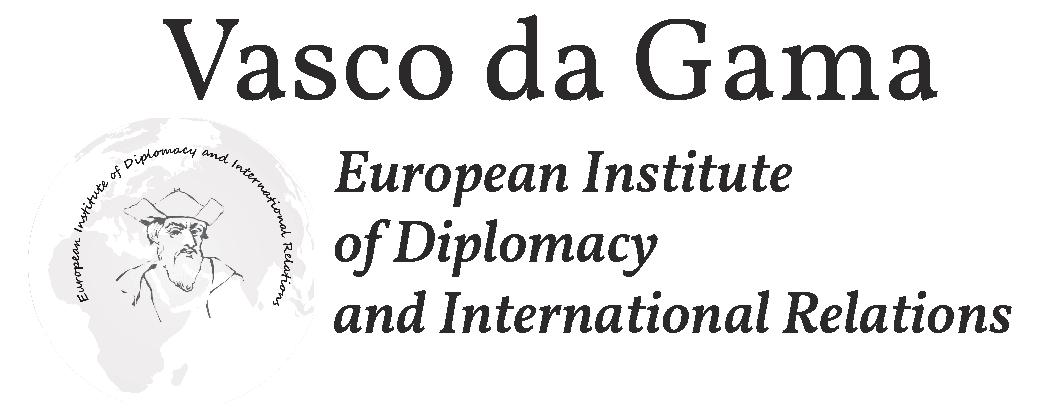International Finance
Finance is a branch of economics that deals with the management of money.
International finance studies capital flow between countries.
This field of finance can be divided into two branches of study: international economics (which takes into account the exchange rate, interest rates and other financial aspects) and corporate finance (the study of markets and financial products).
In view of the phenomenon of globalization, which involves the free movement of capital and the removal of several types of constraints (physical, customs, dependent), international finance has become particularly relevant.
An important concept in this context is that of currency or the domestic currency that can be converted into some foreign currency on the foreign exchange market. To this end, there is internal convertibility (the ability to buy and sell a foreign currency in a country) and external convertibility (the contribution of a national currency to the forex markets of other countries).
This exchange rate can be either fixed (when the central bank sets the value of the currency and intervenes on the foreign exchange market) or flexible (when the central bank does not intervene on the market, and the value of the currency is subject to the law of supply and demand).
Furthermore, it should be mentioned that the expression “balance of payments” refers to the balance of all economic transactions of a country with the rest of the world. This document lists all of the money coming in and out of a country through the import and export of products, goods and services and capital transfers.
This course covers the main mechanisms of international finance without getting into considerations specific to a course of political economics.
Mission
This course is an undergraduate survey of the field of international political economy. It is intended as an introduction for students who already have some background in the field of international relations and are interested in exploring international economic relations at a deeper level. The course covers major theoretical empirical and policy perspectives. The theme to be explored in this course is “National Interest vs. Global Governance?” – that is we will explore the theory and history of international political economy as an extension of national interest and an arena for the development of global governance and the question of whether or not these two dimensions of international political economy are compatible or competitive with each other.
Bibliography
DANIELS J., RADEBAUGH L., SULLIVAN D., Negocios internacionales, Mexico, Pearson, 2004
KRUGMAN P., International Finance: Theory and Policy, Princeton, Tenth, 2015
MADURA J., International Financial Management, Florida University, 2012
SIMON Y., MOREL C., Finance internationale, Paris, Economica, 2015
3 ECTS
